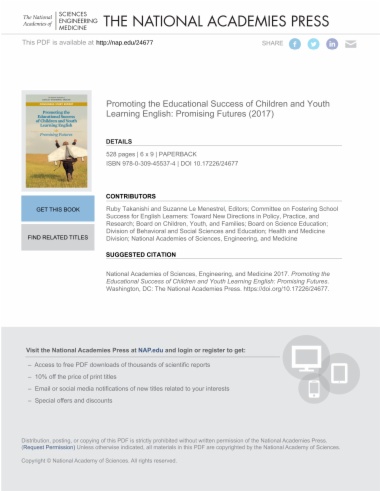Steve Coutinho explores in detail the fundamental concepts of Daoist thought as represented in three early texts: the Laozi, the Zhuangzi, and the Liezi. Readers interested in philosophy yet unfamiliar with Daoism will gain a comprehensive understanding of these works from this analysis, and readers fascinated by ancient China who also wish to grasp its philosophical foundations will appreciate the clarity and depth of Coutinho's explanations.
Coutinho writes a volume for all readers, whether or not they have a background in philosophy or Chinese studies. A work of comparative philosophy, this volume also integrates the concepts and methods of contemporary philosophical discourse into a discussion of early Chinese thought. The resulting dialogue relates ancient Chinese thought to contemporary philosophical issues and uses modern Western ideas and approaches to throw new interpretive light on classical texts. Rather than function as historical curiosities, these works act as living philosophies in conversation with contemporary thought and experience. Coutinho respects the multiplicity of Daoist philosophies while also revealing a distinctive philosophical sensibility, and he provides clear explanations of these complex texts without resorting to oversimplification.
- Table of Contents
- Preface
- Acknowledgments
- 1. Daoist Philosophies
- 2. Fundamental Concepts of Chinese Philosophy
- 3. The Laozi
- 4. The Zhuangzi: Inner Chapters and Zhangzian Philosophy
- 5. The Outer and Miscellaneous Chapters of the Zhuangzi: From Anarchist Utopianism to Mystical Imperialism
- 6. The Liezi
- 7. Philosophy of Skill in the Zhuangzi and Liezi
- Afterword: A Family of Dao
- Notes
- Bibliogrphy
- Index

